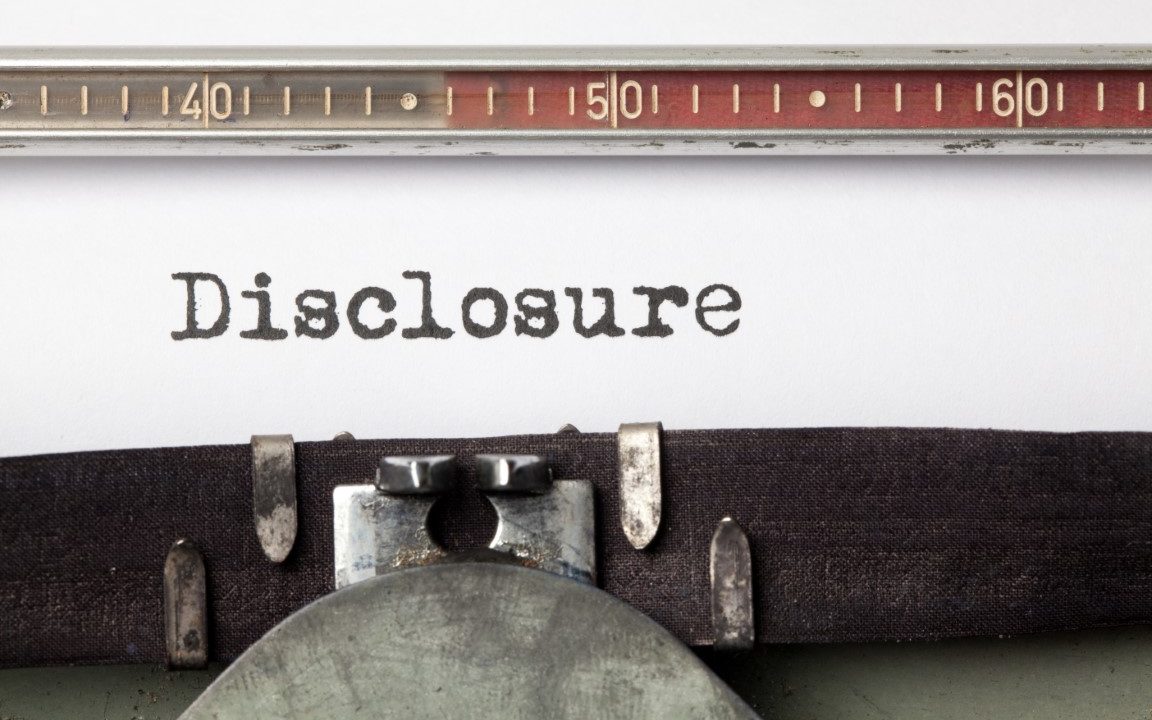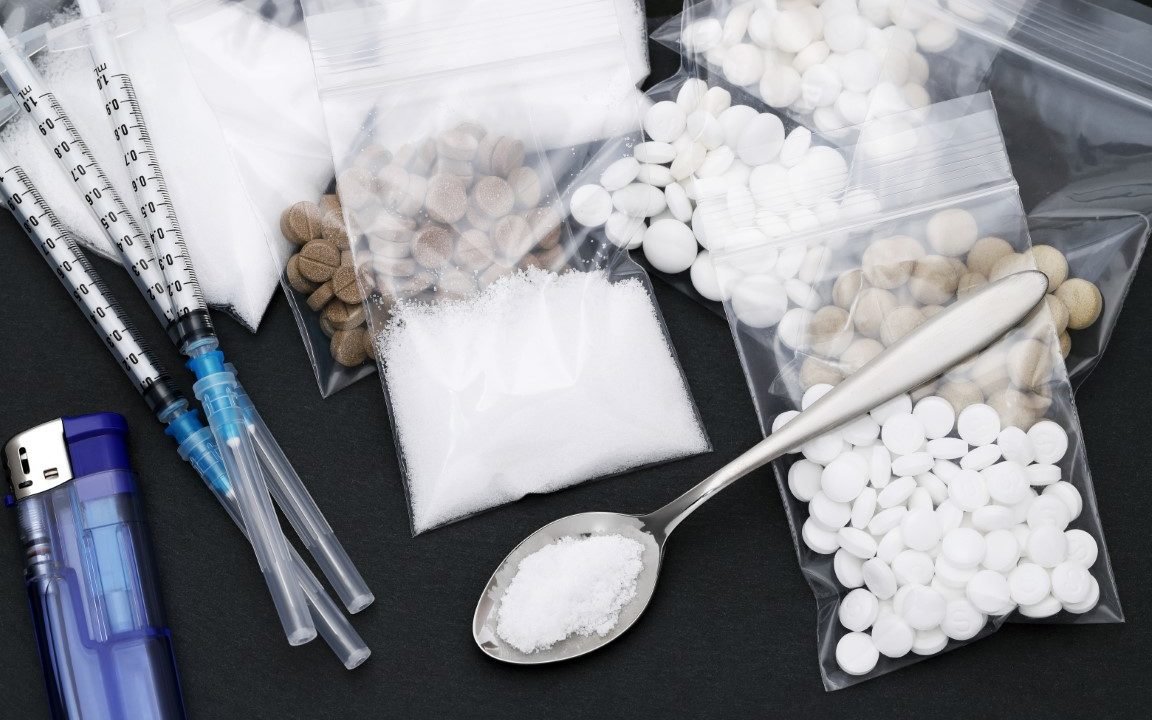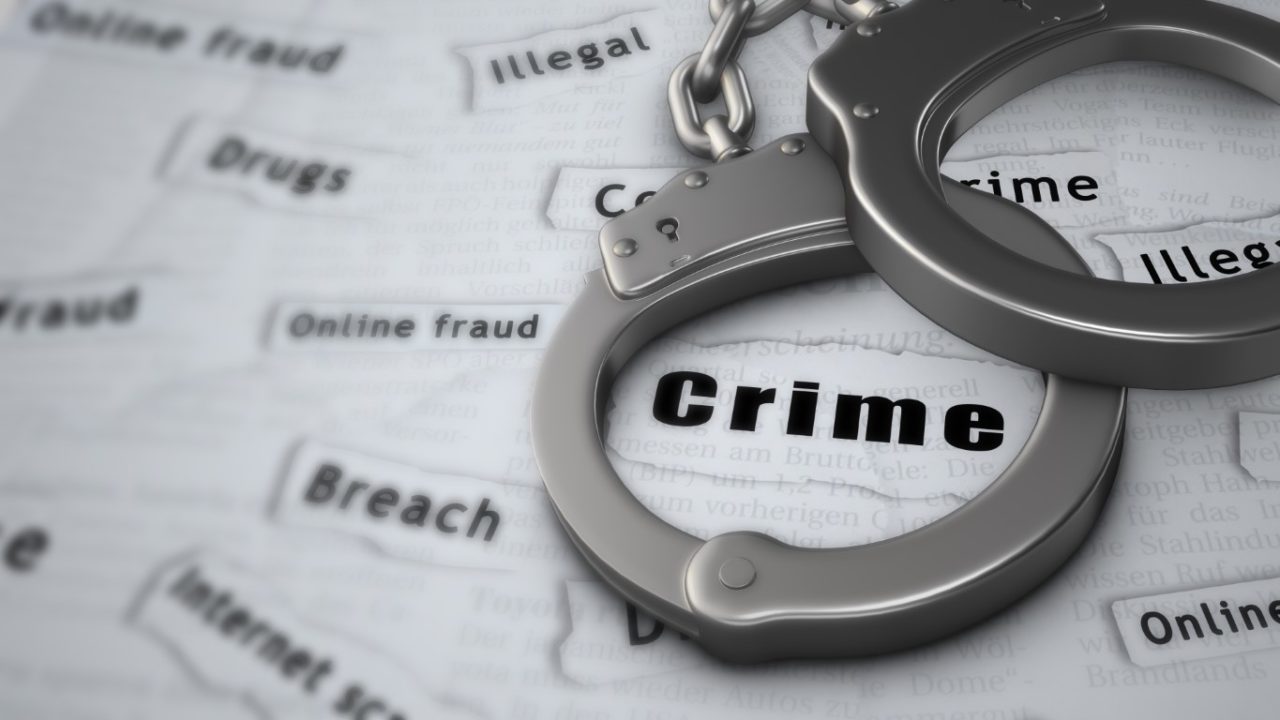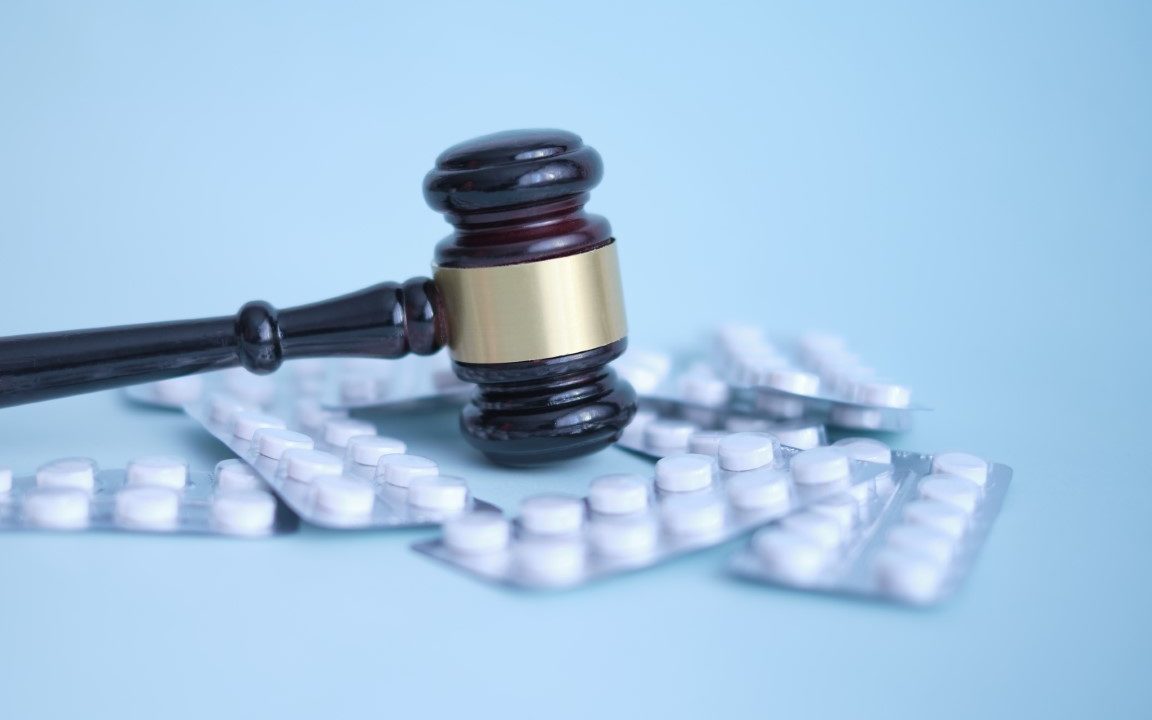In simple terms, disclosure refers to the process in which the Crown, or prosecution, shares evidence and information with the defence during a criminal case. The evidence and information disclosed may include witness statements, expert reports, surveillance videos, or any other material relevant to the case. This transparent exchange ensures that the defence is aware [ … ]









